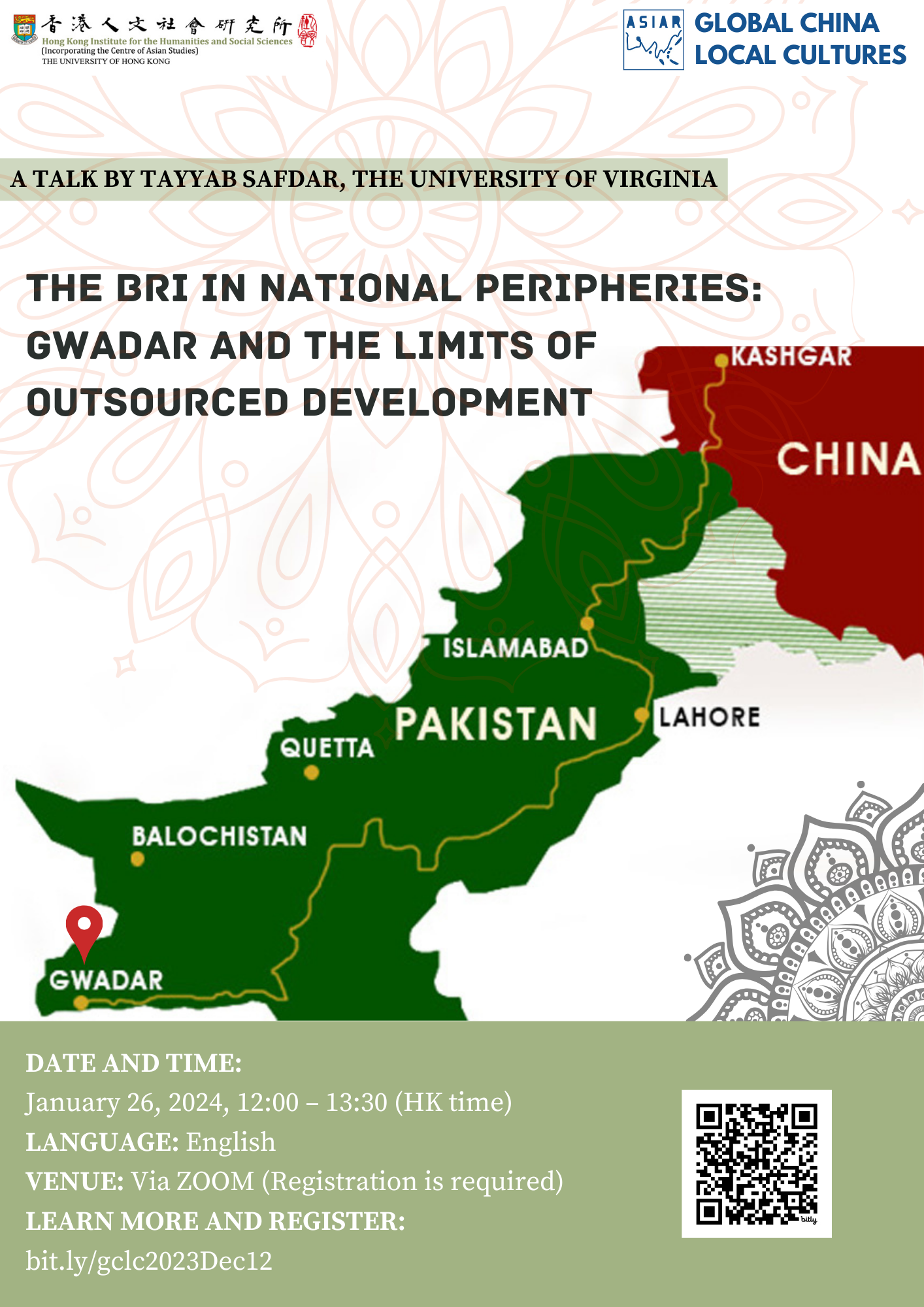

The China-Pakistan Economic Corridor is an important pilot project of China’s Belt & Road Initiative. Within CPEC, Gwadar in Pakistan’s Balochistan province enjoys a privileged position in the development imaginaries of both Chinese and Pakistani policymakers. Even though Gwadar is central to the discourse on CPEC and development, the impact on the ground remains limited. What explains this lack of progress despite Gwadar’s privileged position within CPEC and the BRI? The paper argues that the lack of progress in Gwadar is a function of multiple variables, including the region’s history as peripheral to Pakistan’s development imaginary, persistent violence and a growth model predicated on land speculation. Furthermore, Gwadar signifies what the paper refers to as an ‘outsourced development’ model in the BRI. In this model, Chinese actors, especially State-Owned Enterprises (SOEs), take on the responsibilities of the state in providing public goods and other social services. The state within the host country further abdicates its limited role in providing peripheral regions with public goods and social services. The paper argues that although these non-state transnational actors are filling the void left by a weak domestic state, they have limited space for independent action and must work through local power structures.
For more details visit: https://www.hkihss.hku.hk/en/events/gclc-lecture-20240126/